One month ago, the video game industry lost its voice when SAG-AFTRA, the union representing video game voice actors, urged its members to go on strike against some of the largest game publishers. In interviews published by CBC today, several of the industry’s most prominent voice actors shared personal stories about why they’re on the picket lines.
The actors’ two biggest complaints are around extended sessions they claim put extreme stress on their vocal chords and a lack of residual payments for games with sales figures they believe justify them. Further, the actors want to be recognized by the industry as a crucial part of its commercial success and artistic growth. Only about 25 percent of video games are voiced by union members, but that’s enough for the strike to affect 11 of the largest publishers.
As anyone who’s ever played a game with branching narratives and optional bits of dialogue has likely realized, video game voice actors must lend their pipes to every possible in-game scenario. This makes recording voice overs for a game much more strenuous than it is for an animated movie or TV show, the actors claim. Compounding the issue is that in film and television recordings, multiple actors sometimes record during the same session, which allows one to take a break from speaking while another talks. The aggrieved actors say this isn’t the case in games.
“It’s the equivalent of a four-hour one-person show,” Jennifer Hale, who voiced Mass Effect’s female version of Commander Shepard among a litany of other video game characters, told CBC. “So that’s very demanding, especially when a lot of it is battle-oriented, and IT’S ALL SCREAMING AND YOU GO LIKE THIS!”
Hale said this sort of intense screaming into the mic once caused her to lose her voice for two weeks. Elias Toufexis, the voice behind Deus Ex protagonist Adam Jensen, agreed that it’s serious enough to that “your voice is dead” after just two hours of this sort of performance. It gets so bad, in fact, that Hale claimed a friend and fellow voice actress needs to have vocal surgery that will put her out of work for a couple months.

David Hayter, the voice of Metal Gear’s Solid Snake/Big Boss until Konami switched to Kiefer Sutherland for The Phantom Pain, says he doesn’t mind pushing through these tough sessions. Still, he recounted one of these types of recording days being particularly “horrific.”
“One time, I actually threw up on the mic because I had to make a bunch of vomiting sounds in a row,” said Hayter.
There’s no word on how the games publishers affected by the strike feel about potentially splitting up these four-hour scream-fests into two two-hour sessions. The publishers’ lawyer did, however, chime in to say they find SAG-AFTRA’s requests for residual payments to be “fundamentally unfair.” The rest of the development staff who aren’t part of the union wouldn’t be guaranteed the same payments, he said.
The reasoning is that the actors make up only a small portion of the staff that creates games, and the publishers feel the residuals would give them a greater share of the profits than their work justifies as compared to programmers, artists, etc. Still, Hale claimed she’s had fans tell her they bought games because her voice was featured in them, while Hayter has had “grown men burst into tears” when meeting him, which he believes is proof of voice actors’ impact.
MORE NEWS
- You Can Play Doom on the New MacBook Pro Touch Bar
- First-Person Space Adventure ADRIFT Cancelled for Xbox One
- Time Magazine Names PlayStation VR as the 6th Best Invention of 2016

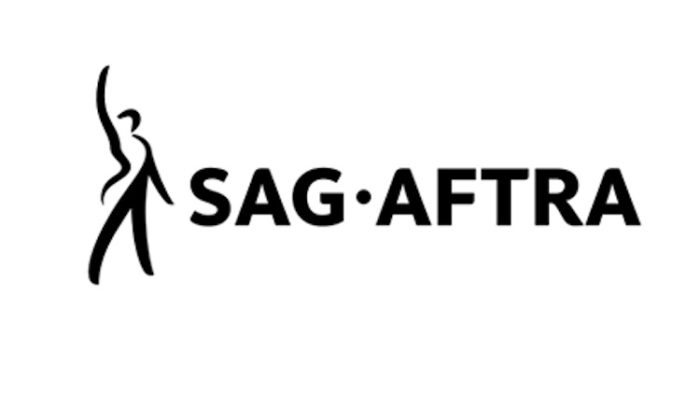
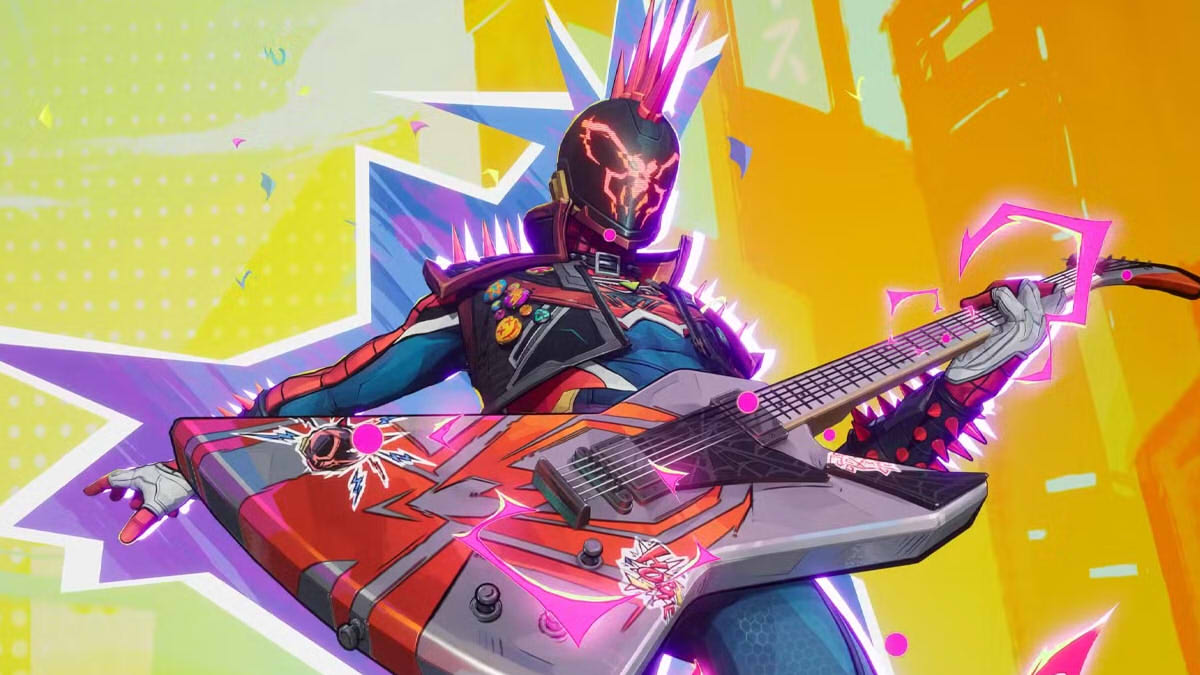
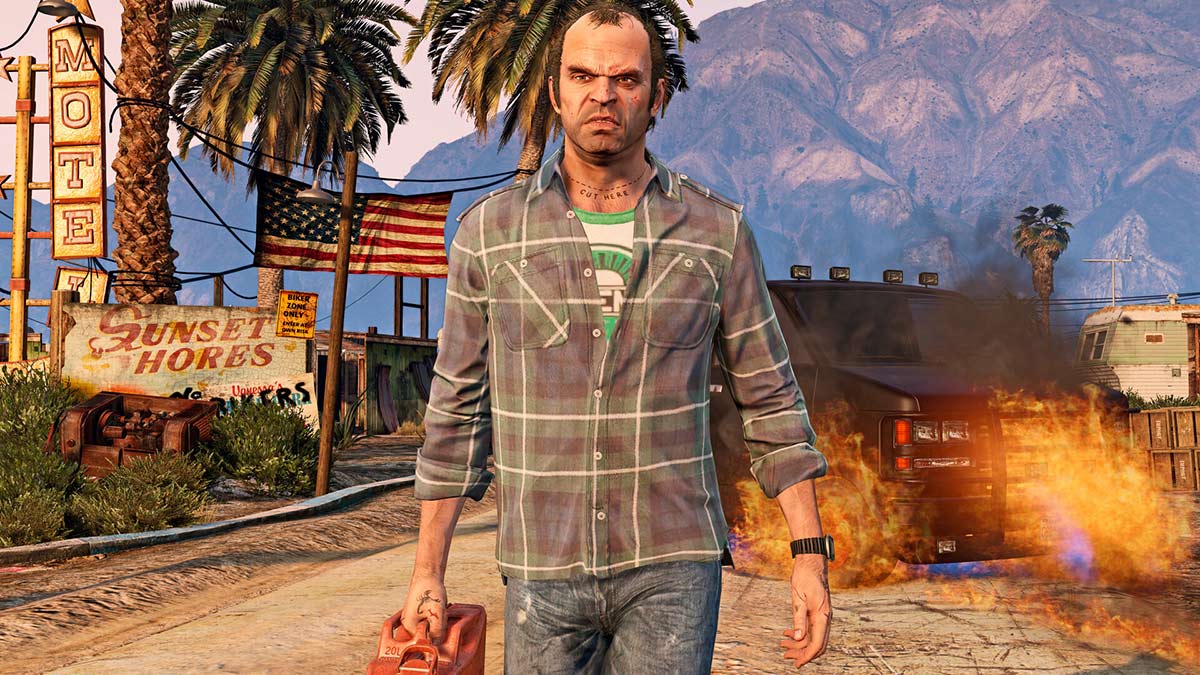
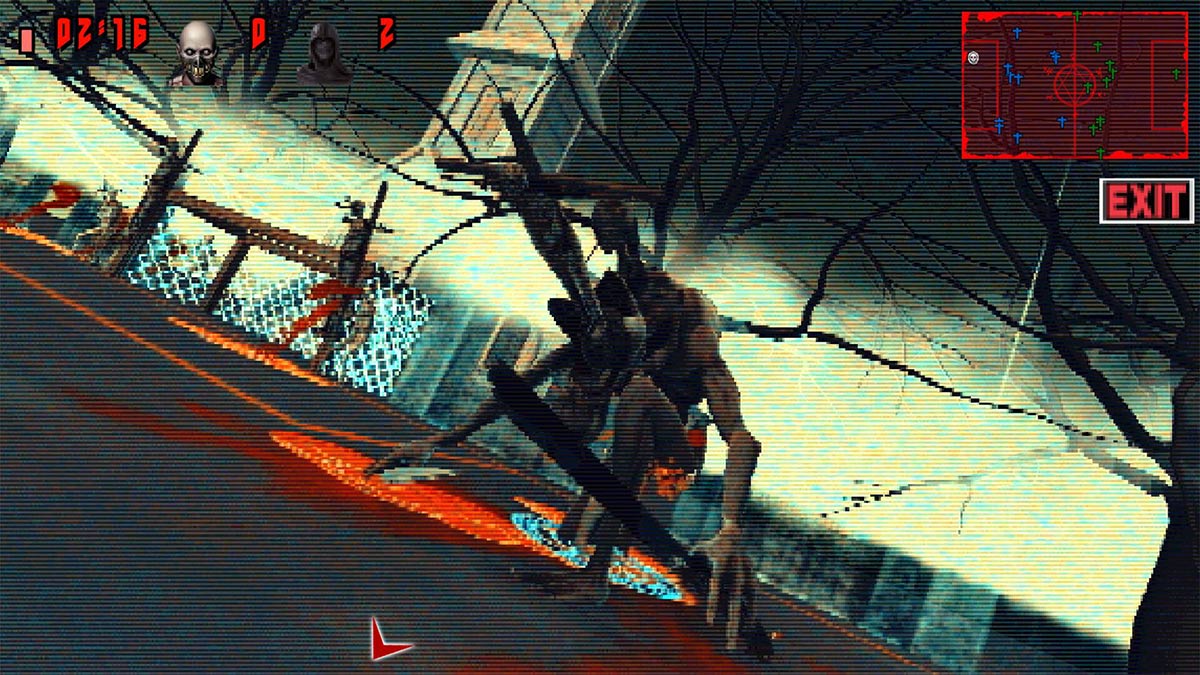







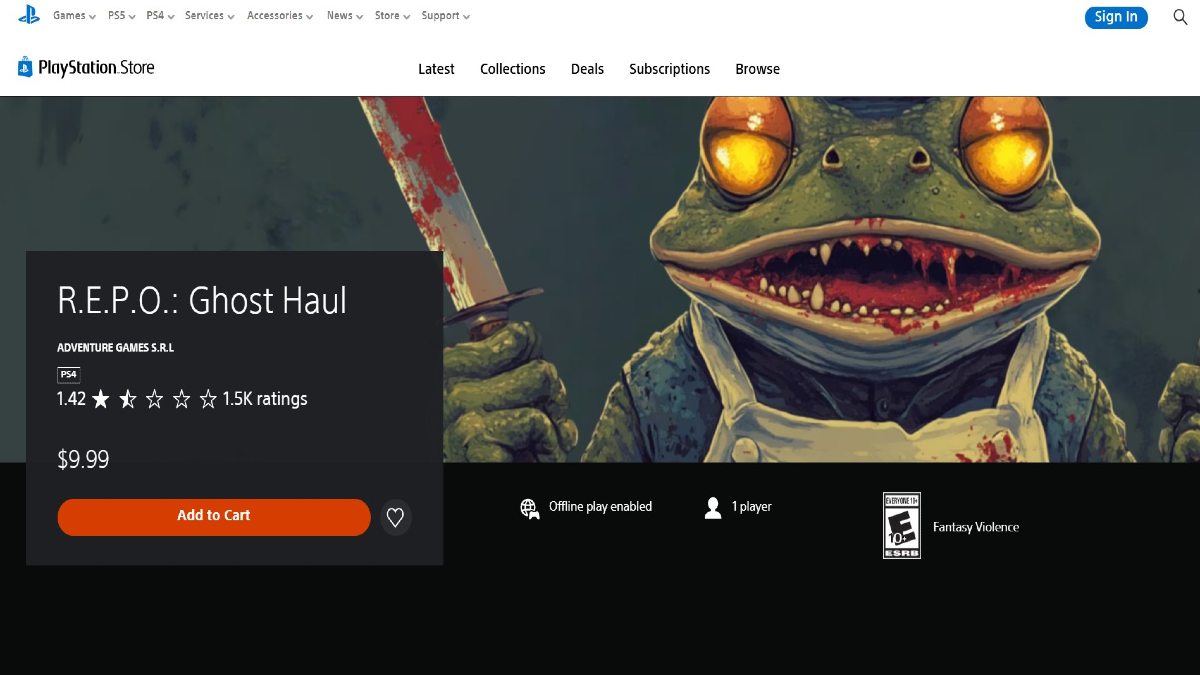
Updated: Nov 21, 2016 10:35 am